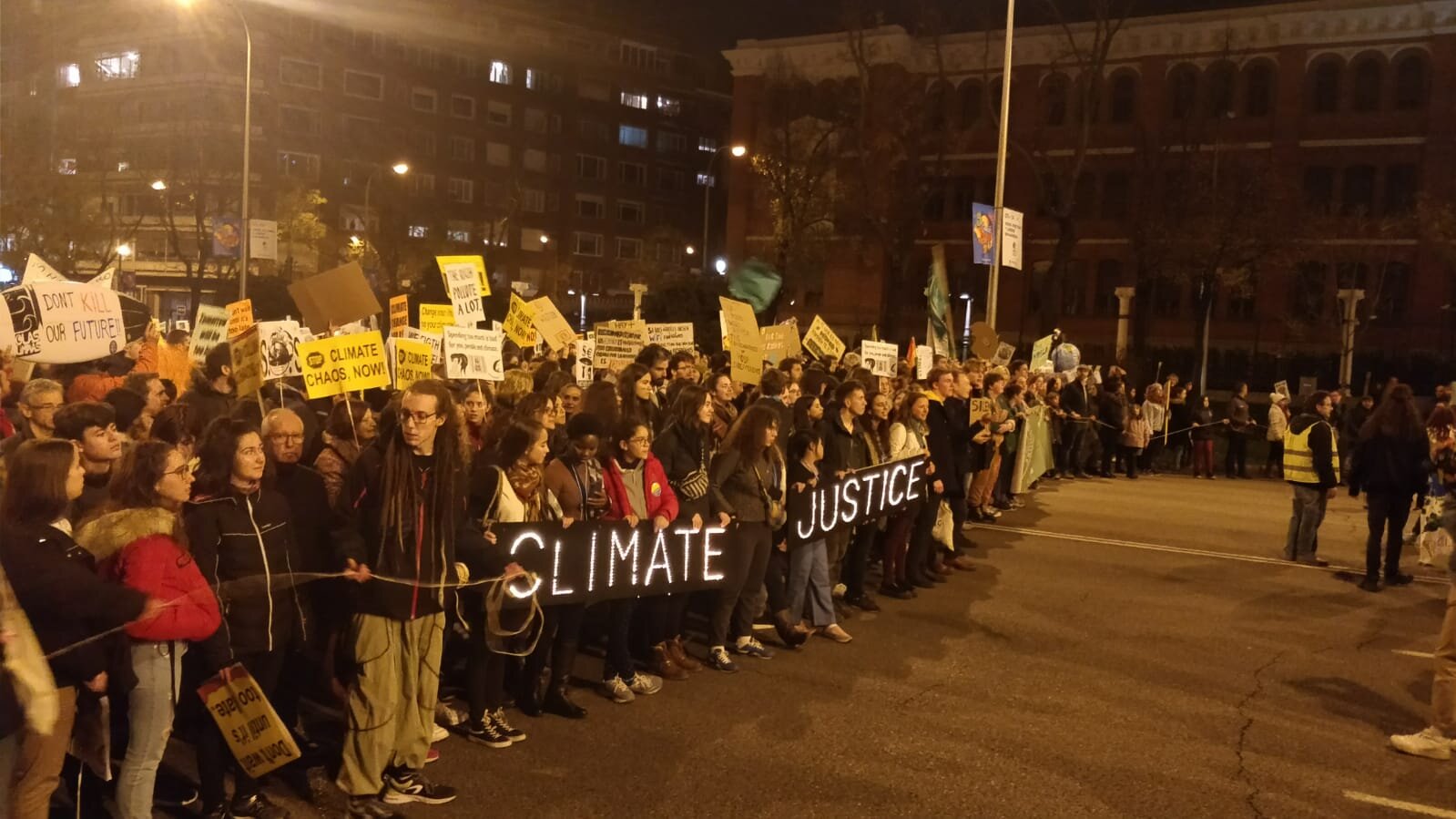Photo credit: Hilary Heath
Since its inception five years ago, CJRF has distributed nearly $18M in grants to more than forty organizations that center the people hardest hit by the climate crisis. CJRF grants support community-led climate resilience initiatives that solve problems, strengthen connections, and build voice and power. We have seen that when these initiatives come together, they drive transformative national and global change.
Climate action represents one of today’s best opportunities to dismantle unjust social, political, and economic systems. But making the most of this opportunity requires funders to transform inequitable philanthropic structures that tend to concentrate decision-making power in the hands of donors, reinforcing existing inequities. For CJRF, this means it is not enough to fund organizations that catalyze systemic change; we also must make sure the way we fund those efforts itself helps to address longstanding injustice.
Shifting Decision-Making Power to Activists and Practitioners
To encourage justice-centered funding, CJRF launched a fund re-design process in November that aims to shift decision-making power from our staff and board members into the hands of activists and practitioners.
The team designing CJRF’s second phase includes representatives from CJRF grantee partners in India, Kenya, and Treaty 8 lands in Canada, alongside one member each from our Review Board and Council of Advisors. In April, the Design Team will meet in Nairobi to identify options for restructuring the fund to be more participatory. Our goal is to put a new structure in place by mid-2022 and to begin implementation of our second phase in January 2023.
The new fund design will better enable CJRF to support powerful initiatives that center justice and build communities’ climate resilience, working from local to global levels. “Transformational climate justice movements are demanding that traditional philanthropy change how it operates,” said CJRF Director Heather McGray. “CJRF’s re-design process represents our commitment to step up and meet the demands of our frontline partners.”
Award from MacKenzie Scott Lays Foundation for CJRF Phase 2
CJRF is pleased to announce that we have been awarded a $7 M grant from MacKenzie Scott, a leader in a new movement toward philanthropy that promotes equity and shifts power.
Like many of Scott’s recent awards, this grant is completely flexible with regard to timing, duration, and how we use it. With this flexibility, CJRF can allow our Phase 2 design process to unfold with confidence that we can cover the costs of the participatory structure it will create – whether that means staff in-country, costly online collaboration tools, or funding to cover the time of participants.
We’re also excited that the grant represents a vote of confidence in our work to date. Scott’s grant to the CJRF is part of a nearly $3.9B set of 465 grants announced on March 23rd.
According to Scott, this set of grants was directed to organizations that support the ability of all people to participate in solutions, with a focus on the needs of those whose voices have been underrepresented. She wrote in her recent Medium post, “The leadership of people directly experiencing inequities is essential, both because it is informed by insights no one else can contribute, and because it seeds power and opportunity within the community itself.”
Scott’s list of grant recipients includes CJRF grantee partners like MADRE, Pawanka Fund, and FRIDA | Young Feminist Fund. She also includes support for U.S. and global community organizations that elevate diverse voices to contribute to solutions, from Pastoral Women’s Council and Grassroots International to Urgent Action Fund’s efforts in Ukraine.
“With Scott’s gift, CJRF is 15% of the way to fully funding our second phase. But more importantly, I see this grant as an endorsement of CJRF’s justice-centered funding to date and of our path forward,” said McGray. “Scott has been at the forefront of a progressive funding movement geared toward shifting power from philanthropists to activists and practitioners.”
“What I’m most excited about is seeing more grassroots leaders set the agenda for funding and being part of a governance structure where they set the standards and guide the strategy,” said Suranjana Gupta, CJRF Design Team member and advisor on community resilience at Huairou Commission, a CJRF grantee partner. “Right now, CJRF’s shift to a participatory model is very much an exception. Ten years from now, it should be the norm.”

